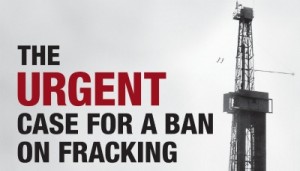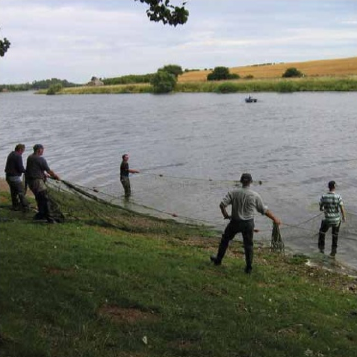“In many ways, fracking is the environmental issue of our time.
“It’s an issue that touches on every aspect of our lives — the water we drink, the air we breathe, the health of our communities — and it is also impacting the global climate on which we all depend.
“It pits the largest corporate interests — big oil and gas companies and the political leaders who support them — against people and the environment in a long-term struggle for survival.
“It is an issue that has captivated the hearts and minds of hundreds of thousands of people across the United States, Europe and across the globe. And it is an area in which, despite the massive resources of the Frackopoly — the cabal of oil and gas interests promoting this practice — we as a movement are making tremendous strides as our collective power continues to grow. As this report lays out, there is mounting evidence that fracking is inherently unsafe.
“Evidence builds that fracking contaminates water, pollutes air, threatens public health, causes earthquakes, harms local economies and decreases property values.
“We first made the case for a ban on fracking in 2011, but this report shows that there is an urgent case for a ban. The evidence is in, and it is clear and overwhelming. Fracking is inherently unsafe, cannot be regulated and should be banned. Instead, we should transition aggressively to a renewable and efficient energy system.” — Wenonah Hauter, Executive Director of Food & Water Europe




